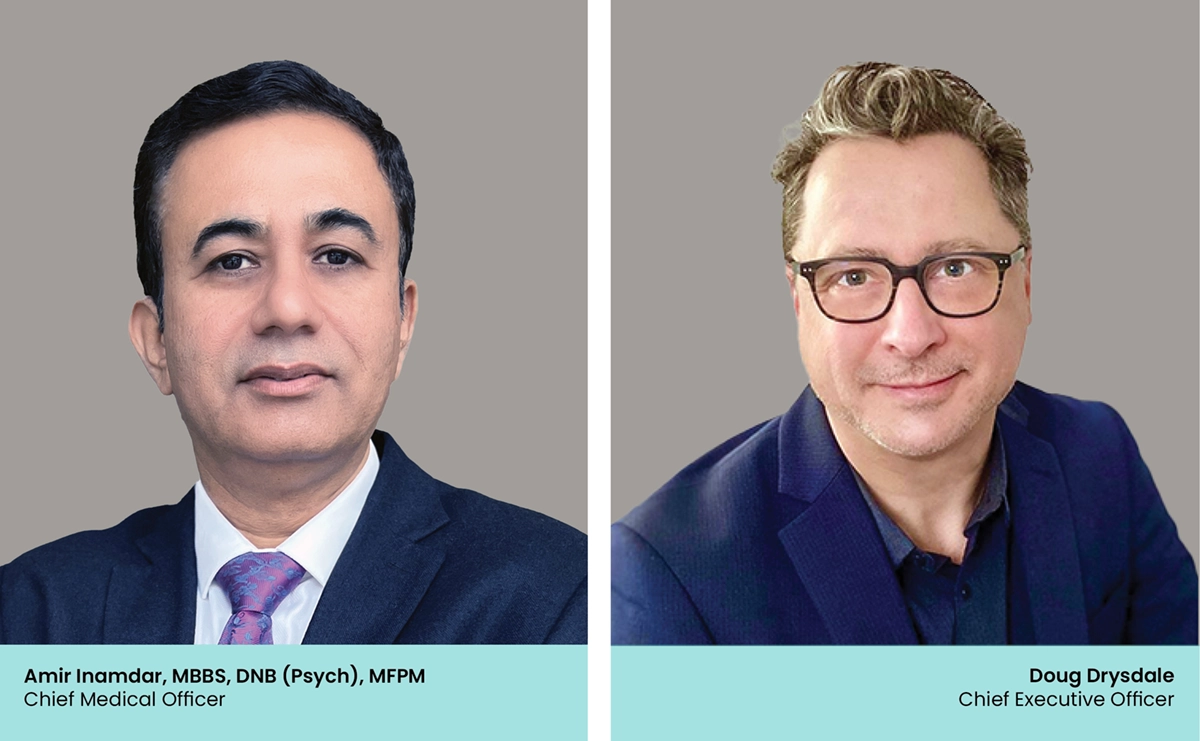
Changing Minds™
A Breakthrough Therapy Company
Latest Updates

Cybin Receives FDA Breakthrough Therapy Designation for its Novel Psychedelic Molecule CYB003 and Announces Positive Four-Month Durability Data in Major Depressive Disorder

Cybin Announces Unprecedented Positive Phase 2 Interim Data for CYB003 in Major Depressive Disorder Meeting Primary Efficacy Endpoint with Rapid and Significant Improvements in Depression Symptoms After Single Dose

Cybin Completes Dosing in Phase 2 Study of CYB003 for the Treatment of Major Depressive Disorder

We’re on a mission to revolutionize mental healthcare.
At Cybin, we’re on a mission to revolutionize mental healthcare by engineering proprietary drug discovery platforms, innovative drug delivery systems, novel formulation approaches and treatment regimens to address the unmet needs of patients across a multitude of mental health issues.
We are working with a network of world-renowned partners and pioneers in the field to create safe and effective psychedelic-based therapies. Together, we believe we can discover, develop and commercialize novel therapies that will transform the mental health treatment landscape.

Led by Science
Our strategy is to combine novel psychedelic molecules with controllable drug delivery systems through our proprietary deuterated process. With our approach, we are engineering next-generation psychedelic, patent-protected, commercially scalable drug candidates to further evolve mental health treatments.
Novel Second-Generation Psychedelics based on well-known scaffolds including Psilocybin, DMT, MDMA with improved bioavailability.
Leveraging cutting-edge Neuroimaging technology to generate quantitative data to better understand psychedelic therapies.
Developing ground-breaking psychedelic facilitation training that supports leading clinical approaches to promote supportive healing with psychedelic medicine.
3 active drug programs targeting Major Depressive Disorder (CYB003), Alcohol Use Disorder (CYB003), Generalized Anxiety Disorder (CYB004) and Neuroinflammation (CYB005).
250+ pre-clinical studies completed and progressing lead programs toward FDA IND filings.
>50 granted or pending patent applications filed across 6 patent families.
Backed by an
Experienced Team
Deep-rooted pharmaceutical and regulatory expertise across psychiatry and psychedelics drug development. Scientific leadership that includes work in addiction and psychedelics, oversight of 60+ IND programs with the FDA as well as success in developing multiple widely used commercially available prescription drugs.





